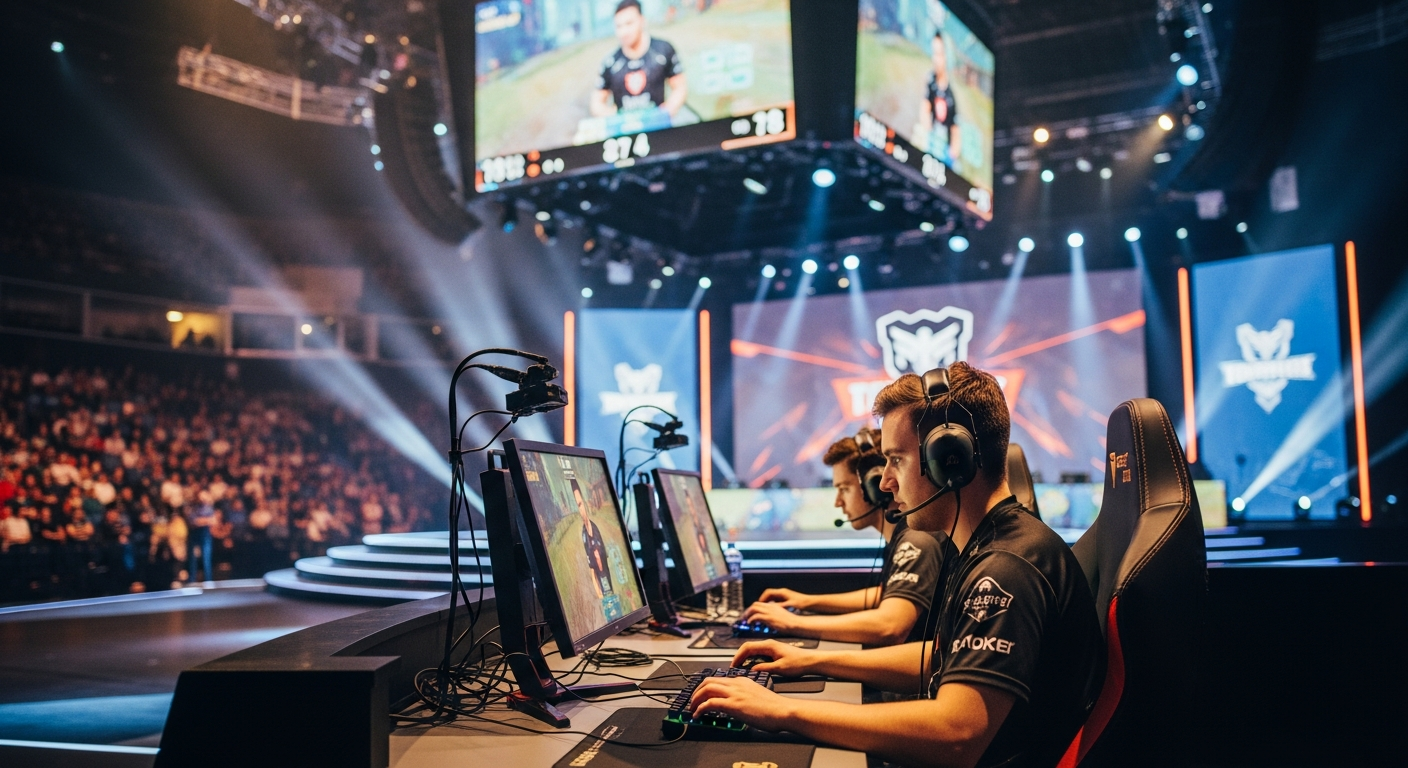Examining the Resurgence of Bartering in Today's Society
Introduction: In an era dominated by digital transactions and cryptocurrency, a surprising trend is emerging. Bartering, an ancient form of exchange, is making a contemporary comeback. Read below to explore this fascinating shift and its implications for modern society.

A Glimpse into the Past: The Origins of Bartering
Bartering, the practice of exchanging goods and services without the use of money, dates back to prehistoric times. As one of the earliest forms of transaction, it allowed communities to thrive by facilitating the exchange of essential resources. However, as civilizations evolved, so did their economic systems. Bartering gradually gave way to monetary transactions, which offered a more standardized and efficient method of exchange.
The Unexpected Revival: Bartering in the Modern World
Despite its ancient roots, bartering is experiencing an unexpected resurgence in the 21st century. This trend is not confined to specific communities or cultural groups but is a global phenomenon. Fueled by various factors, including economic instability and a growing desire for sustainable living, more and more individuals are turning to bartering as a viable alternative to monetary transactions.
Decoding the Trend: Why is Bartering Returning?
Several factors have contributed to the renewed interest in bartering. Firstly, the economic uncertainty caused by global events like the 2008 financial crisis and the COVID-19 pandemic has led many to seek alternative forms of exchange. Secondly, the rise of the sharing economy and peer-to-peer platforms has made it easier for individuals to barter goods and services. Finally, a growing awareness of sustainability and the desire to reduce waste has also played a role, as bartering encourages reuse and discourages overconsumption.
The Societal Impact: How is Bartering Shaping Modern Society?
The resurgence of bartering has significant implications for modern society. On a practical level, it provides an alternative for those struggling with economic instability. On a deeper level, it is challenging our fundamental understanding of value and transaction. Instead of viewing goods and services purely in monetary terms, bartering encourages us to consider their intrinsic worth.
Looking Ahead: The Future of Bartering
The future of bartering remains uncertain. While its current popularity might suggest a long-term trend, it’s also possible that the resurgence is a temporary response to specific economic and cultural factors. Regardless, the return of bartering offers valuable insights into the evolving relationship between society, economics, and culture. It serves as a reminder that even the most ancient practices can find relevance in our modern world.
In conclusion, the resurgence of bartering is a complex phenomenon with deep societal implications. By revisiting this ancient practice, today’s society is not only finding alternative ways to navigate economic instability but also redefining the idea of value in a rapidly changing world. As analysts and commentators, it is crucial to keep an eye on this trend and its potential implications for future societal and cultural shifts.






